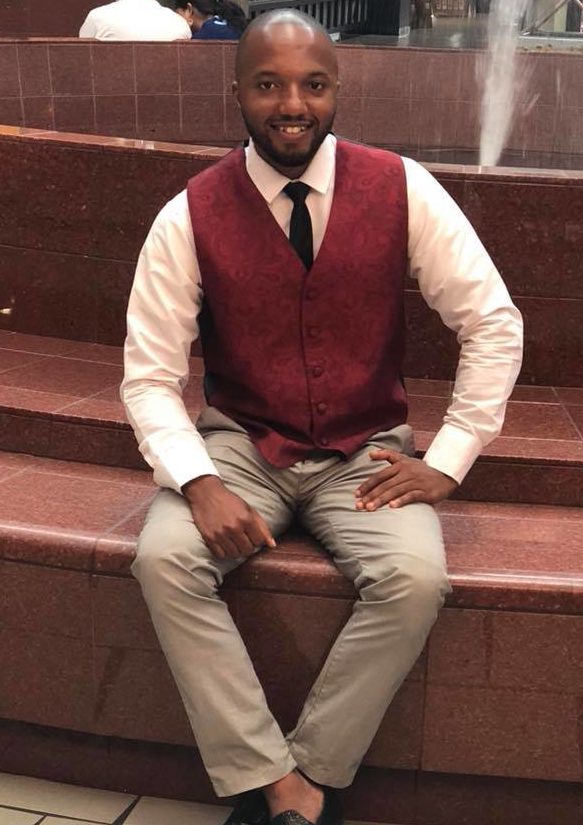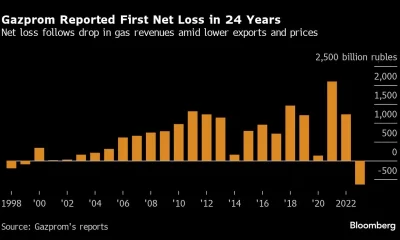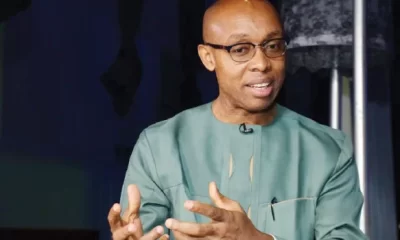National Issues
Nigeria’s transition into history -By J. Ezike

To explore the difference between Nigeria’s perpetual infrastructural under-development and America’s uninterrupted technological evolution and economic growth would surely make a long gap that cannot be bridged whether through regional autonomy or parliamentary governance or the 1999 military constitution disguised as a democratic legal document that functions as the supreme law of the federal republic of Nigeria and the basis upon which the political future of this country is decided, determined and designed.
The common misconception amongst the unpopular One-Nigerianists and thick-skinned conservatives is that the new Nigerian democratic system of government borrowed from the model of the United States of America is in conformity with the principles of democracy which serves as the model of Nigeria’s present-day political structure. This logic is devoid of conscious judgment and basic understanding of Nigeria’s governmental culture and leadership method. And the lesson that most of us have failed to learn is that; the 1999 military constitution is in deviance to the democratic model of politics, of governance and of leadership. As a consequence, Nigeria’s economic, political and social condition shares no resemblance with any true democratic state such as the United States of America.

J. Ezike
Nigeria as a country has gone through series of constitutional transitions that forged no head-way and thus translated to the persistent regional retrogression and economic backwardness that animates the country’s present-day maladies. Britain in 1960 bequeathed to Nigeria a centralized federal structure that encouraged, fostered and nurtured inequality and hegemonic normalcy. It was this “Westminster model” and/or parliamentary system of government that endorsed Hausa-Fulani’s suzerainty over the vassal states that makes up the Southern Protectorate. This lasted until January 1966 when a transition took place and the Westminster model was toppled by the military. The transition into dictatorship and tyranny endured till 1979 and was modified by the military cabals and Britain into the democratic model of the United States of America as a veneer of liberalism, of democracy.
This model is what is known today as the 1999 Abdusalami Abubakar’s constitution. Thus, as Nigerians, our human right to live, right to dignity, right to religion, right to fairness, right to freedom of thought, assembly and expression, right to privacy are all illusions and does not apply in the Nigerian state where the “rule of the elite” is absolute and above the “rule of the majority.” Hence, the will of the people is inconsequential, non-existent.
The Abraham Lincoln’s slogan: “Government of the people, by the people and for the people…” has become the phrasal tool of mass deception and control in Nigeria by the leaders who are apt to exceed their judiciary, legislative and executive powers. In truth, there is nothing democratic about Nigerian leadership. Even worse is that our so-called democratic system is nowhere close to the American model we claim to copy. And this is one country that has been attempting to model its political future on American style of democracy.
For 58 years of its sovereignty, Nigeria has remained stagnant if not backwards, in the midst of abundance. It would be ridiculous to imagine a Nigeria that is totally indistinguishable to American or European modernism. Whether we’ve realized it or not, our collective consciousness have woken up to the fact that the American economic success and political style of leadership which the Nigerian leaders sought to imitate is unachievable, inconceivable. And the reason is simple: Nigerian leaders do not have the interest of humanity at heart.
Countries like America and Japan have little or no natural resources but were able to thrive under such environment and have built a solid foundation for trade, innovation and commerce. For Nigeria and most resource-rich countries, an economic curse is the case.
The inability to convert resource-wealth and maximize human talent into productive investment has plunged Nigeria into the abyss of industrial retardation. Nigerian leaders have got no excuse for their endless failures, their inability to put in place, polices, laws and institutions that would benefit the citizens as it is in most resource-deficient countries like America and Japan.
For 58 years, Nigerians have continued to suffer, to tolerate the injustices with stoic endurance. Nigerians have continued to fantasize the experience of constant electricity, of an integrated network of roads and railways, of clean water, of free education, of advanced medical treatment and assistance, of safety and security, of housing benefits and income support, of all the basic amenities and desirable conveniences a resource-rich country is supposed to have.
Unfortunately, most Nigerians will never know how bad Nigeria truly is until they step out of that purview and see the world from a different perspective.
I have lived in over 14 countries and 6 continents (Europe, North America, South America, Asia, Middle East and the Caribbean) and I can confidently say without fear or favor that Nigeria is the worse country on earth to live in. And I ground my grievances in a refusal to accept that there is any atom of hope for this failed state.
Nigeria is finished and its geographical existence is at a crossroad – a transition into history.
Little wonder the question of restructuring versus dissolution of the British contraption is at issue today. And since democracy was complicit in the enactment of the 1999 military constitution which continues to enslave the citizens, it must also work to liberate the citizens from the British-Fulani hegemonic control through independence referendum…




















